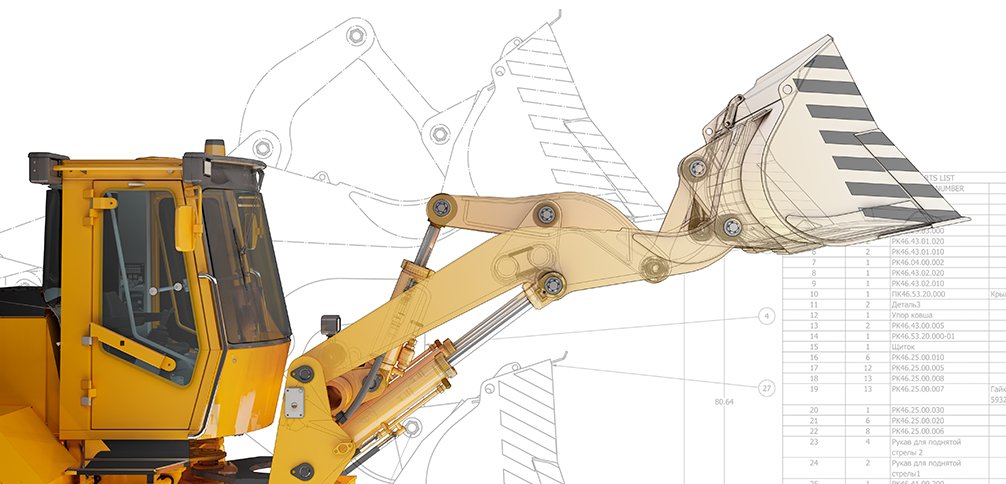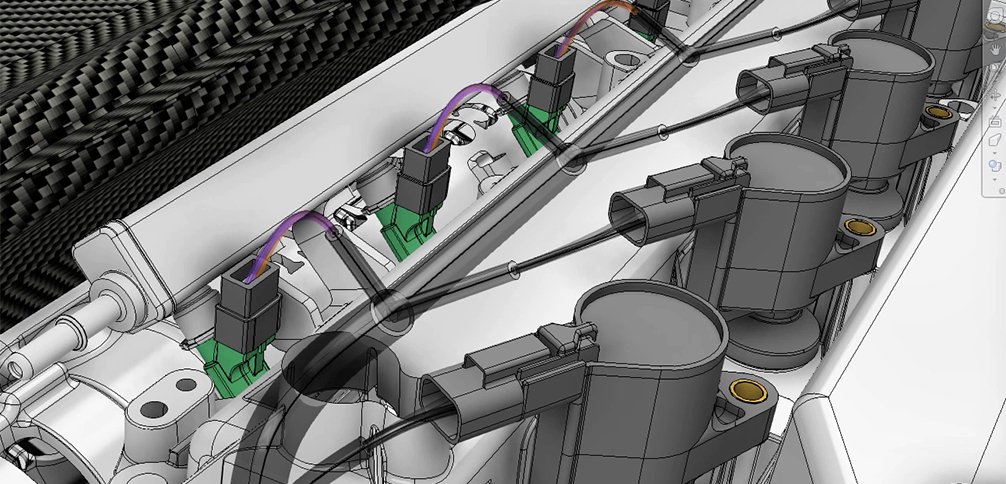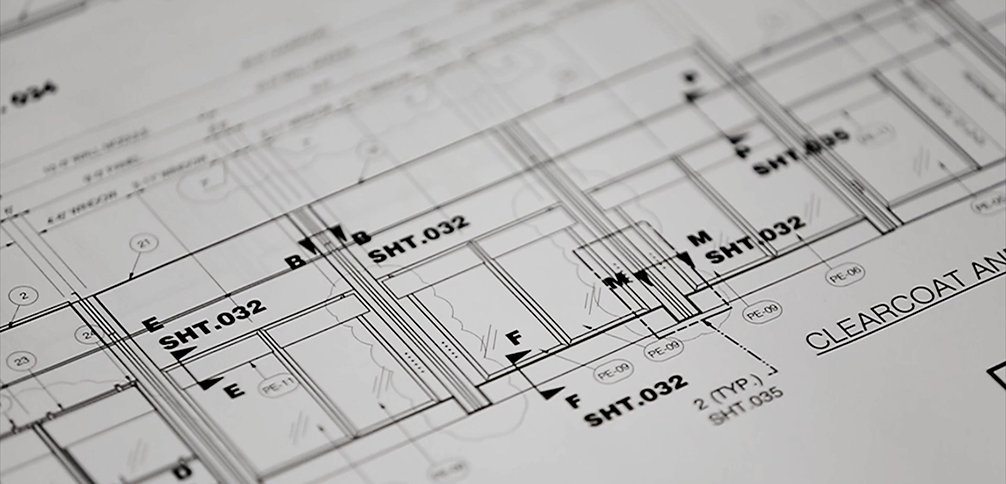Keyboard ALT + g to toggle grid overlay
1. Produce 3D models from existing 2D mechanical designs
Add another dimension to source geometry created in AutoCAD by producing associative 3D Inventor parts. Use 3D models for advanced simulation, collision checking, renderings, and NC toolpaths–plus a number of additional downstream applications. You can always choose the right tool for the job with associative DWGTM workflows that enable seamless movement between 2D and 3D. Even if the geometry changes in AutoCAD, the Inventor part will update automatically.

2. Design electrical and mechanical systems concurrently
Keep electromechanical projects cohesive by creating links between AutoCAD Electrical and Inventor. It only takes two steps to link project files and make them associative. This connection means that design changes sync between products. In addition, you can get a catalog of 3D parts mapped to components of the electrical schematic–along with automated wire connections and harness layouts–from the Inventor Installer.

3. Create native DWG documentation and drawings
DWG files created in Inventor or AutoCAD work across platforms, so you can easily generate drawing views and documentation from 3D models in AutoCAD. Then view, plot, and measure Inventor data right inside AutoCAD. If you go back and change the model, you won’t need to make any manual updates because drawing views stay linked to associated parts and assemblies.
4. Share drawing templates between Inventor and AutoCAD
You can improve productivity by using the same drawing templates across both AutoCAD Inventor. Creating a DWG template from any AutoCAD file is as simple as opening it in Inventor and specifying a new standard.
5. Generate 3D representations of 2D factory layouts
Factory Design Utilities allow you to open legacy DWG facility layouts and add factory intelligence to those drawings in AutoCAD. This additional data is needed for analyzing layouts and generating reports and can be used to populate a 3D layout in Inventor. Links established between 2D AutoCAD drawings and 3D layouts keep data in sync across platforms.
